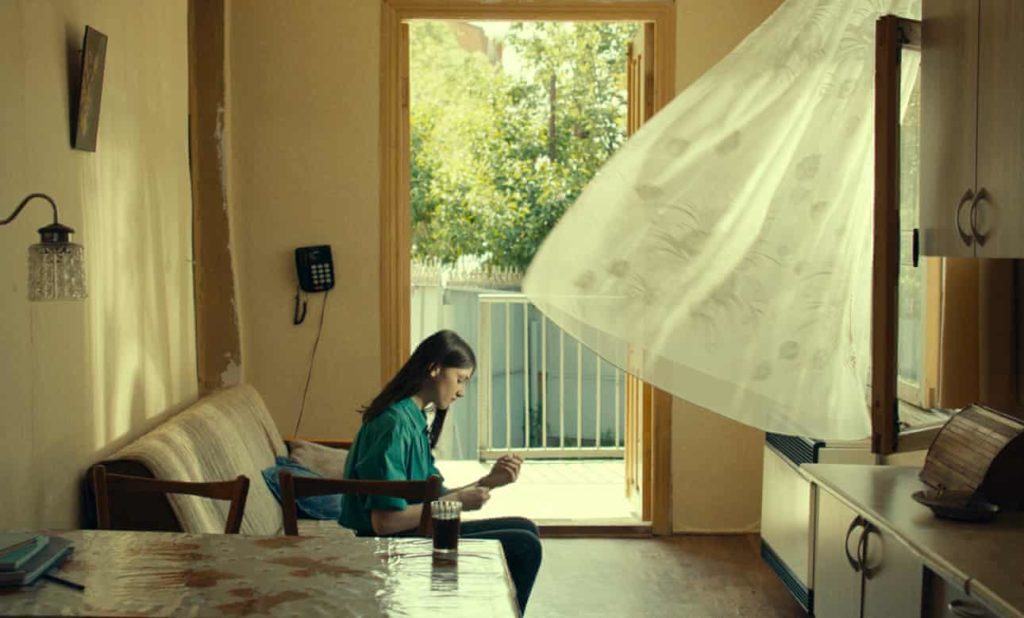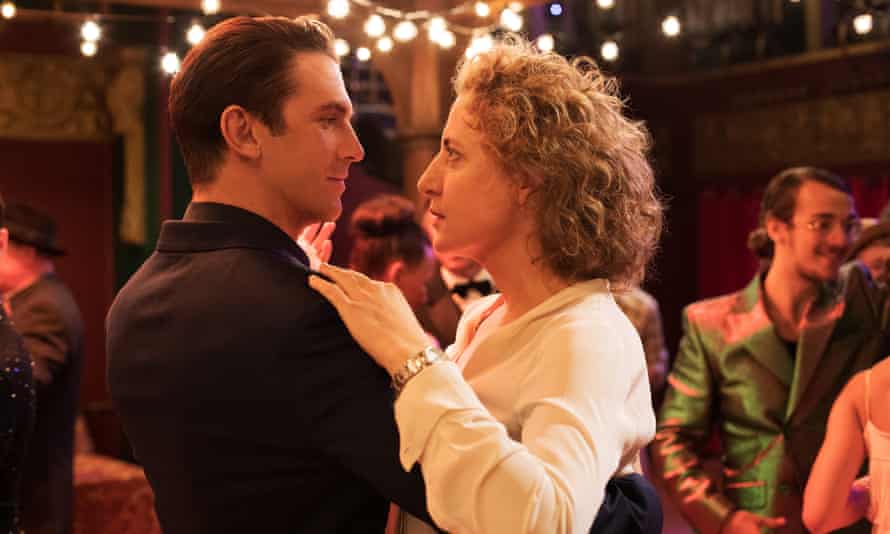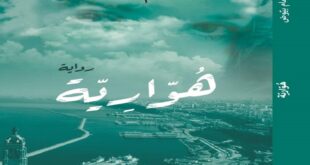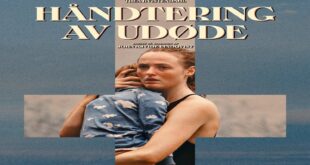
No glitz, no big screens, no cold… in a modest yet triumphant virtual edition of the festival, dazzling debuts vied with the superb, low-key latest from Céline Sciamma
There’s something to be said for an online Berlin film festival. You don’t have to endure the winter bleakness of Potsdamer Platz, and you can watch a lot more, since you get a full 24 hours into which to cram each day’s crowded viewing menu. Naturally, everyone felt that Covid restrictions were tough luck for the festival’s directors, Carlo Chatrian and Mariette Rissenbeek, now in their second year; after 2020’s respectable but low-key debut, it seemed that they had been robbed of the chance to consolidate in style.
Yet, against all odds, they did precisely that. There were no red carpets, no press conferences, no glitz; all that, it’s hoped, will come in June, when the same programme returns with a planned live summer special. Meanwhile, virtual Berlin pinned me to my sofa with the most impressive selection in years. The competition (15 titles, only slightly smaller than usual) wasn’t packed with luminaries either. Instead, a mix of reputed directors, plus some new names, offered films of consistent, seriously watchable, sometimes dazzling quality.
One of the best competition titles, Maria Speth’s Mr Bachmann and His Class, is a no-frills documentary about Dieter Bachmann, a teacher in an industrial town in Germany, and his class of teenage pupils from Turkish and other immigrant backgrounds. At three and a half hours, it gives us time to know the students and their singularly laid-back teacher – imagine a German Bill Murray in an AC/DC T-shirt – who engages and empowers them with patience and empathy. One of the competition’s absolute finest, it won the Silver Bear jury prize.

No awards, alas, for another film that was one of my favourites and won a lot of fans – the fabulously imaginative, gently upbeat Georgian film What Do We See When We Look at the Sky?. Alexandre Koberidze’s eccentric meta-fairytale is about a couple whose budding romance is scuppered by a curse that changes their appearance – set against a background in which a city prepares for the World Cup. Any touches of whimsy (insights into the thoughts of local football-loving dogs) are counteracted by elegant directorial and narrative invention. This is European art cinema at its most irresistibly playful.
Some films were true to the traditionally sombre image of Berlin competition programming, but powerfully so. There was the mandatory austere Iranian drama: Ballad of a White Cow, directed by Behtash Sanaeeha and Maryam Moghaddam, about a woman dealing with the aftermath of her husband’s execution. But this dark social fable is handled with rigorous control, and features a compelling lead performance from co-director Moghaddam. And Natural Light is a phenomenally confident debut from Dénes Nagy, about troops from German-aligned Hungary rooting out partisans in the second world war. Apart from confronting what it means to be on the wrong side of history, it’s a meticulously textured depiction of mud, tree bark, lined faces – and of horror. Superbly shot in a dark palette, it is one of the films I most yearned to see on the big screen.

Light relief came from I’m Your Man, a German competition title from Maria Schrader (director of TV’s Unorthodox). This thinking robot’s romcom is a flip but philosophical story about a woman who finds herself road-testing a male android designed as the perfect partner. It threatens to be arch, but proves very enjoyable, thanks to a sharp script and pitch-perfect leads from Maren Eggert and Downton Abbey’s Dan Stevens, wryly self-mocking.
The film that eventually won the Golden Bear was Bad Luck Banging or Loony Porn, by Romanian director Radu Jude. It’s a sort of conceptual comedy about Emi, a schoolteacher (Katia Pascariu, very good) who faces an investigation when her sex tape ends up circulating online, but Jude doesn’t stage it as straight narrative. Instead, it’s a triptych – one part following Emi around the streets of Bucharest (where, the director seems to be telling us, consumerism is the real pornography), one a montage-style “dictionary” of ironic definitions of words and phrases, the third a theatrical tableau in which Emi faces her accusers. Jude is one of the most adventurous and unpredictable of directors, but this work, while brashly experimental and quite outrageously in-your-face, is hit-and-miss, a somewhat jarring mix of the Godardian oblique and the downright bleeding obvious.

World Opinions Culture – theguardian.com




 World Opinions Débats De Société, Questions, Opinions et Tribunes.. La Voix Des Sans-Voix | Alternative Média
World Opinions Débats De Société, Questions, Opinions et Tribunes.. La Voix Des Sans-Voix | Alternative Média




